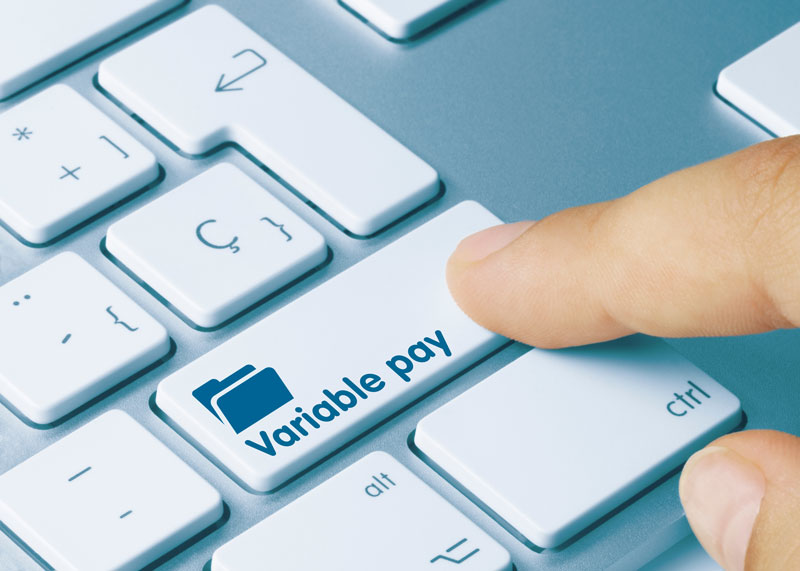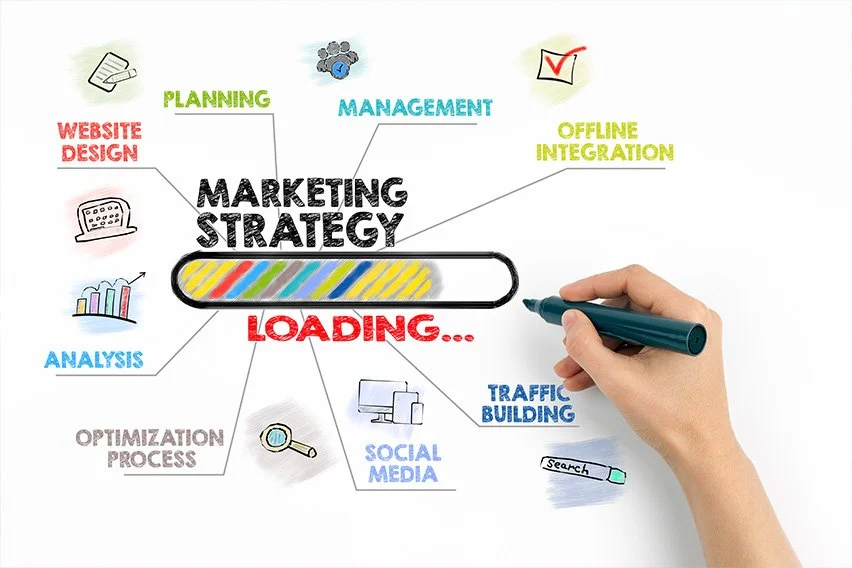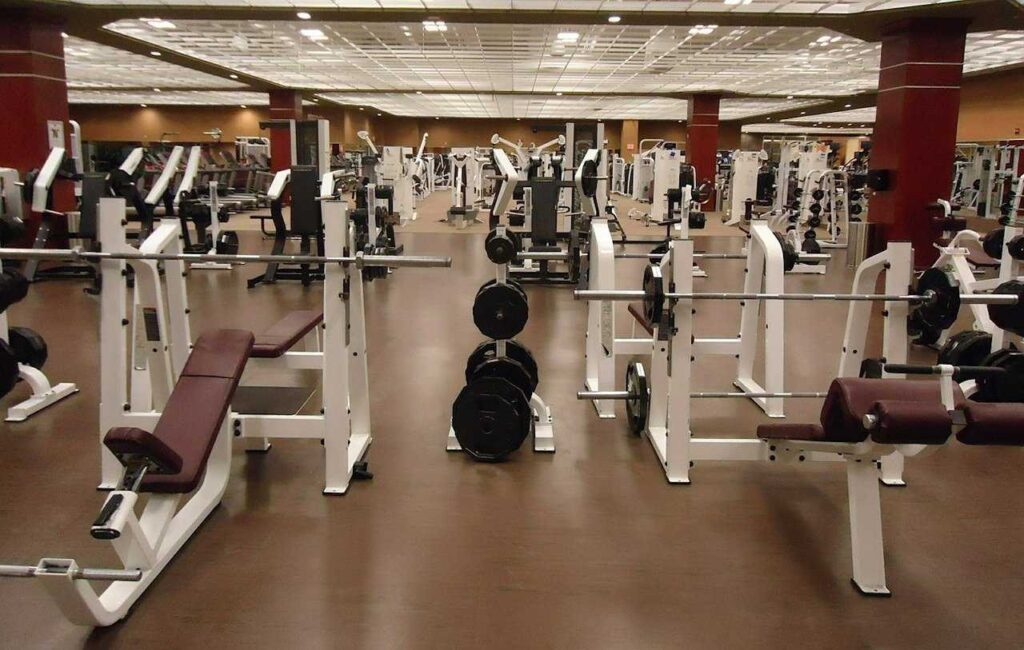Have you ever thought about earning some extra cash on the side? Maybe you’ve been looking for a new way to keep the bills paid and meet some of your other financial obligations.
Maybe you’re just looking for something new to break out of your day job or get back into school for your master’s degree. Either way, freelancing as a side income might be right up your alleyFreelancing is a flexible gig that you can do from anywhere.
It could be a great way to make some extra money without being tied to a particular location. If you’re interested in giving it a try, read on for the pros and cons of freelancing as a side income.
What Is Freelancing?
Freelancing is a type of work that you do on your own terms, as an independent contractor. You may be able to set your own schedule, work from home, or be a traveling contractor if you’re able to travel internationally. You will typically be your own boss and work under your own name.
Freelancers typically work with a variety of clients and projects, which can include anything from writing a book to designing and building an app. They are generally self-employed, meaning they are their own boss and are contractually obligated to their customers only.
You’ll need to determine whether you want to hire on as a contractor or become your own boss. We’ll discuss the pros and cons of both options below.
How To Become A Freelancer
To become a freelancer, you’ll need to research the industry you’re interested in and see if you can find any opportunities online. You may also want to attend local networking events or conferences to meet other like-minded entrepreneurs.
Once you identify an area of interest, investigate the regulations and costs involved in starting your own business. It’s also a good idea to research taxes and filing your own taxes as a freelancer is completely optional.
Once you’ve got those things in order, you can begin building your freelance portfolio and launching your marketing efforts. The more work you have on hand, the easier it will be to find new clients.
If you’re an expert in one niche, it can be a good idea to write articles and submit them to content marketplaces like Upwork, Fiverr, or Guru. The goal is to build up a portfolio of work. That way, you can show your clients your skills and professionalism and find new work faster.
Freelancing Skills You’ll Need
Excellent time management skills: You’ll be juggling multiple jobs, so it helps to keep track of time and stay focused on your projects. You’ll also need to be able to estimate how long tasks will take you, manage your time well, and prioritize when you have several things on hand.
Excellent communication skills: Freelancing, by definition, means that you’ll be working with clients remotely. To build strong client relationships and avoid misunderstandings, you’ll need strong communication skills. This includes writing skills, spelling, grammar, and knowing how to effectively pitch and negotiate. If a client doesn’t want to pay you on time, you’ll need to know how to handle it.
Good problem solving skills: You’ll have to deal with uncertainties, such as finding new clients and managing time and deadlines. You’ll also have to figure out solutions to problems on your own, such as when a client doesn’t pay you on time.
Excellent research skills: This is an industry where you’ll find yourself constantly researching new ideas and topics related to your client’s needs. You’ll also have to know how to find information quickly, such as how to research topics related to your projects.
Excellent writing skills: Freelancing largely involves writing, which can be a tricky skill to master. Whether it’s content for your portfolio, a proposal, a contract, or a press release, you’ll need strong writing skills. These may come naturally, but you may want to invest in them if they’re weak.
Freelancing Qualities You’ll Need
Professionalism: You’ll need to portray a professional image at all times, whether that means business casual attire, a clean desk, or pencils in a jar. You’ll also need to be able to act professionally, especially when interacting with clients. That means no swearing, being on time, and following up after working with a client.
Confidentiality: When you’re working with a client, you must keep everything you discuss with them confidential. That means not sharing information about the project with others, such as your team members, your friends, or your social media posts.
Diligence: There will be times when you have to work independently or tackle challenges by yourself. When that happens, you’ll need to be diligent enough to figure things out on your own. You’ll also have to be mindful of how much you charge per hour, which means you won’t take on too many projects at once.
Project management skills: There will be times when you need to plan and manage projects as an independent contractor. This may include determining the scope of work, estimating the time it will take, coordinating with other team members and clients, and managing expectations.
Things To Consider Before Becoming A Freelancer
Freelancing isn’t for everyone, but it can be a great way to make some money on the side. Before you dive in, though, you’ll want to take some things into consideration before jumping in headfirst.
Overall, the freelance industry is still growing, but it is competitive. There aren’t a ton of jobs, so if you want to try freelancing, you’ll need to be willing to work hard and make it your full-time job. If you don’t think you can handle this, you may want to consider a different side hustle.
The work you do can also vary widely. You might work for a large corporation one day and then write a book the next. The only consistent part is that it’s unpredictable.
That can be good because it keeps you on your toes. It could also be pretty disheartening. Take a look at the pros and cons of freelancing and decide if it’s a good fit for you.
The Pros Of Freelancing
Flexibility: The beauty of freelancing as a side income is that you can work when you want, wherever you want. As long as you have a computer, you can find work. If you want to work from home, you can. If you want to work from a coffee shop, the beach, or a park, you can. The only thing that matters is that you can find work.
Independence: Freelancing is all about independence. You’re your own boss, and you’re responsible for everything that happens under your name. That’s a nice change of pace from typical full-time employment, where you may not even be the one to blame when something goes wrong.
Income: How much money are you making with freelancing? If you’re struggling to make ends meet, freelancing could help. You don’t have to fret about being fired or laid off if you’re not performing well. Freelancers get to choose when to work, how often to work, and for how long.
The Cons Of Freelancing
Uncertainty: This is what most people complain about when it comes to freelancing. You don’t know exactly what you’re going to get or how much money you’ll make. That’s why you have to build up a portfolio of work, establish clients, and put in the hard work to generate a steady income.
Risk: Freelancing is a high-risk gig. If you don’t know what you’re doing, you could easily lose your money. So you have to always be aware of your work.















